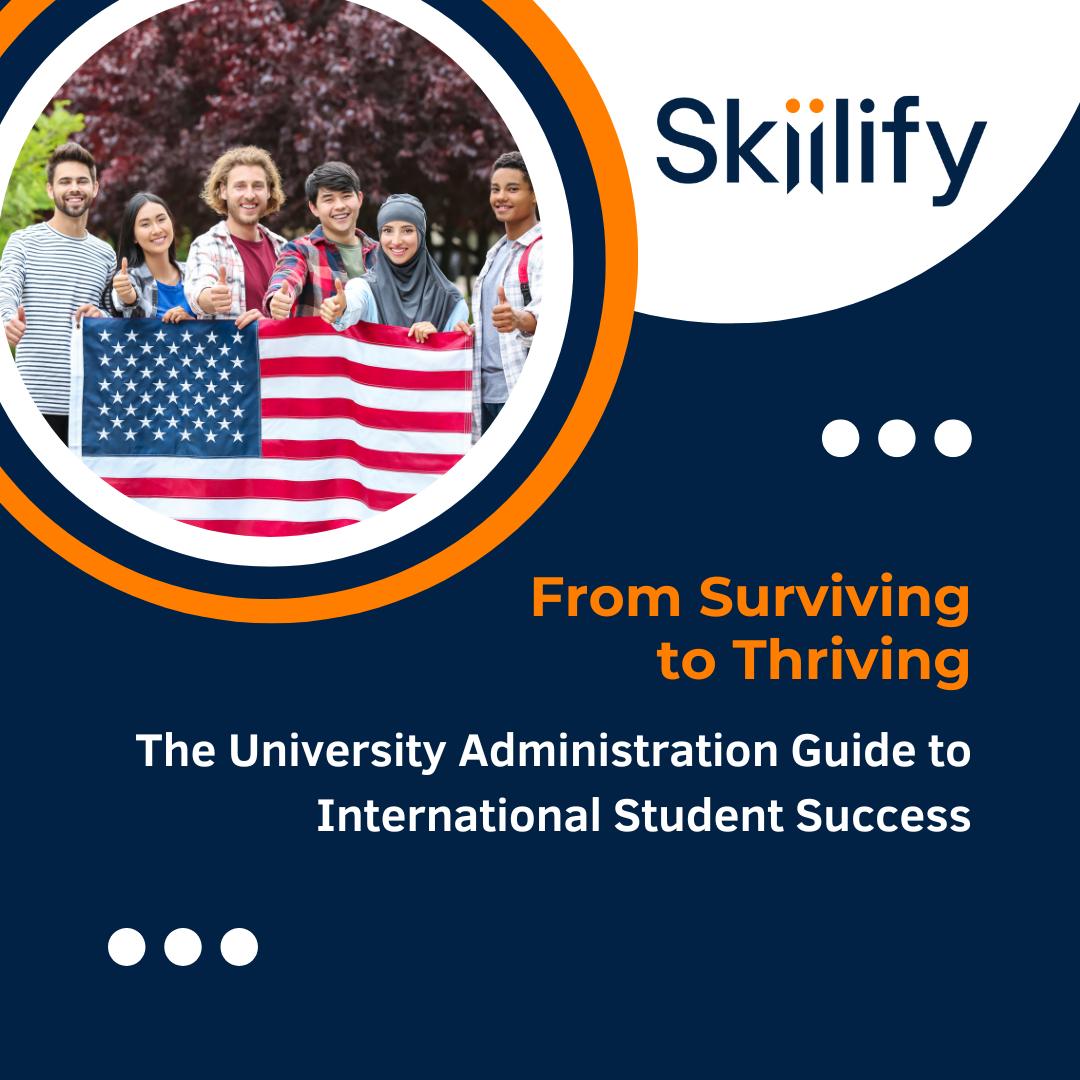
Thriving International Students: A Guide for University Administrators
As all university leaders know, the academic journey of international students is often burdened with challenges beyond just their grades. Cultural differences, feelings of social isolation, and unfamiliarity with the U.S. educational system can lead to stress and anxiety, significantly impacting their academic performance. Research shows that international students who adapt well to their host country environment are more likely to succeed academically, feel a sense of belonging, and graduate. In contrast, the failure to adapt creates deep personal, financial, and educational problems for international students.

Help Your Students Build Cross-Cultural Competencies in as Little as One Hour
In today's interconnected world, cultural agility—the ability to interact comfortably and effectively with people from different cultures, whether virtually or in person—has become a crucial skill. However, research indicates that only about 20% of students possess this essential capability. This gap presents a significant challenge for educators preparing students to thrive in a globalized environment. Students who are culturally agile have adaptability (named by LinkedIn as one of the most in-demand skills) and are better equipped to communicate, collaborate, and build meaningful relationships with individuals from diverse backgrounds. These skills are not only vital for personal development but also highly valued by employers seeking to build inclusive and effective teams.
